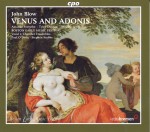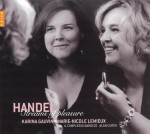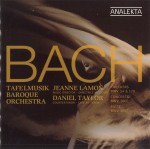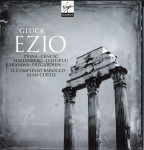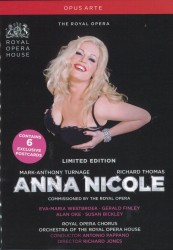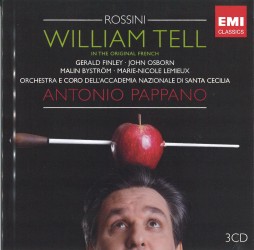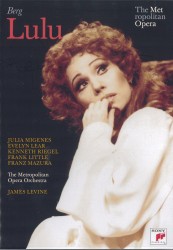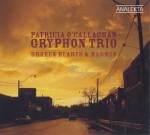Luciano Pavarotti - A Film by Esther Schapira
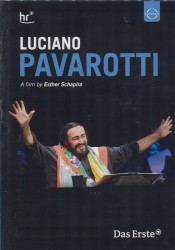 Luciano Pavarotti
Luciano Pavarotti
A Film by Esther Schapira
Euroarts 2058918
Legends is a series of films dedicated to exploring the lives of famous individuals. This time it is the story of the late Italian tenor Luciano Pavarotti. Adored around the world, the king of the High C’s led an exceptional life both on and off stage, and he knew it. This excellent biopic strips away the layers of intrigue and drama to provide the viewer a glimpse into the singer’s illustrious life.
From his hometown of Modena to the great opera cities of New York and Milan, the visual scenes provide an armchair traveller’s guide of his worldwide stomping grounds. Interspersed are brief segments of his most famous operatic feats such as the Three Tenors concert, the Central Park extravaganza and early on stage footage with childhood friend Mirella Freni.
Almost everyone acknowledges Pavarotti’s vocal prowess. Listen to his recordings for the music. It is the interviews with the people who knew him that make this film worth spending the time to watch. From his first wife Agua to his manager to his friends to rock superstar Bono, the public “Pav” image dissolves as those who knew him discuss their personal relationships with both love and pain. The effort to film “just the facts” makes this a moving and thought provoking exercise. Their insights open up a cornucopia of unanswered questions about his private life yet substantiate his larger than life musicality and love of singing.


